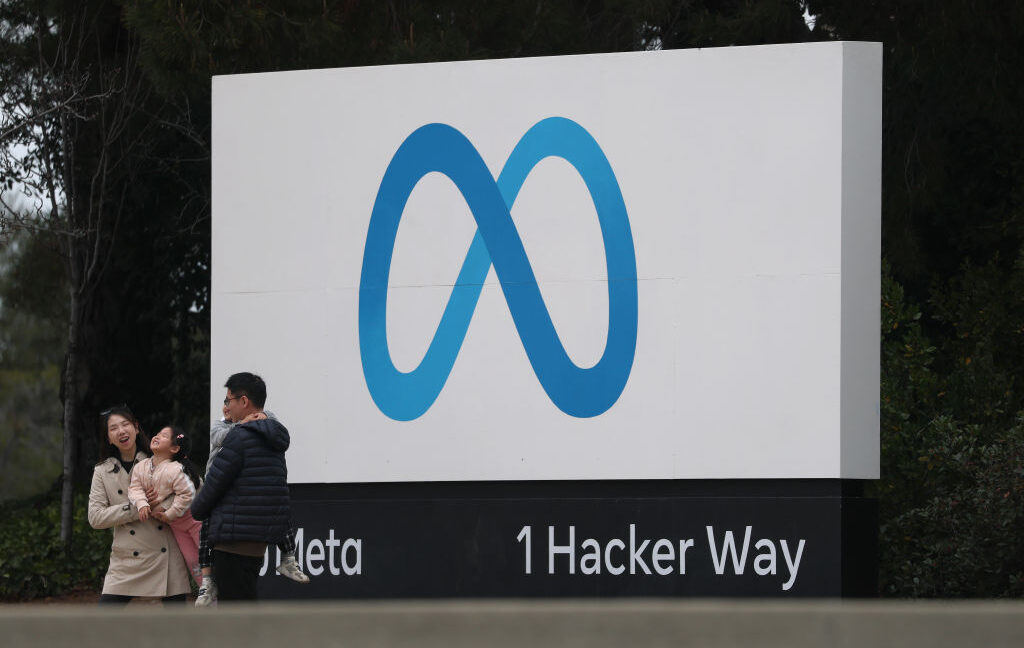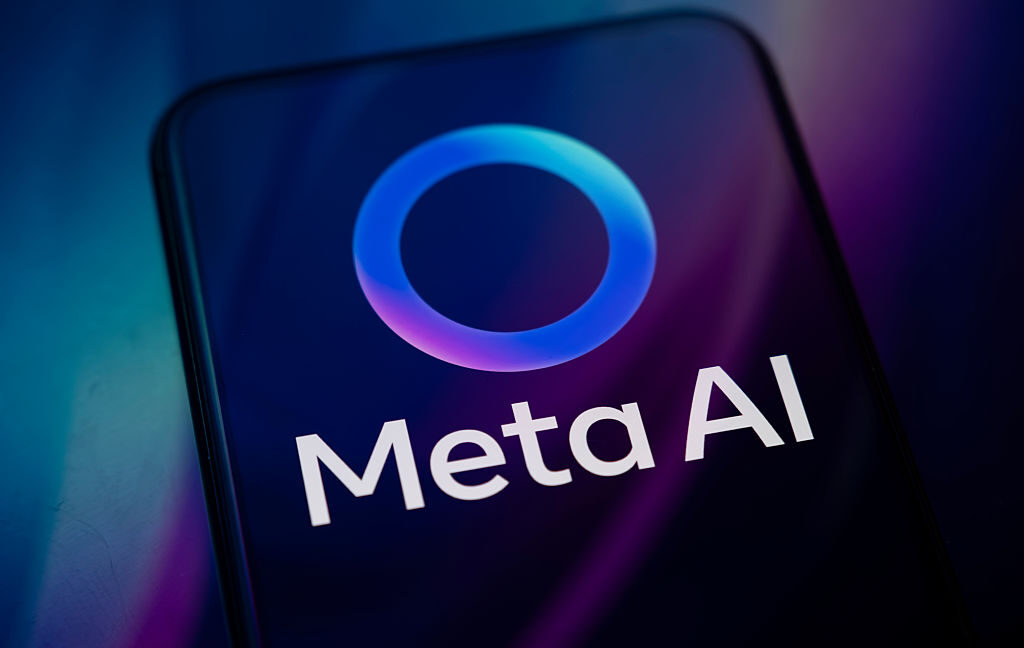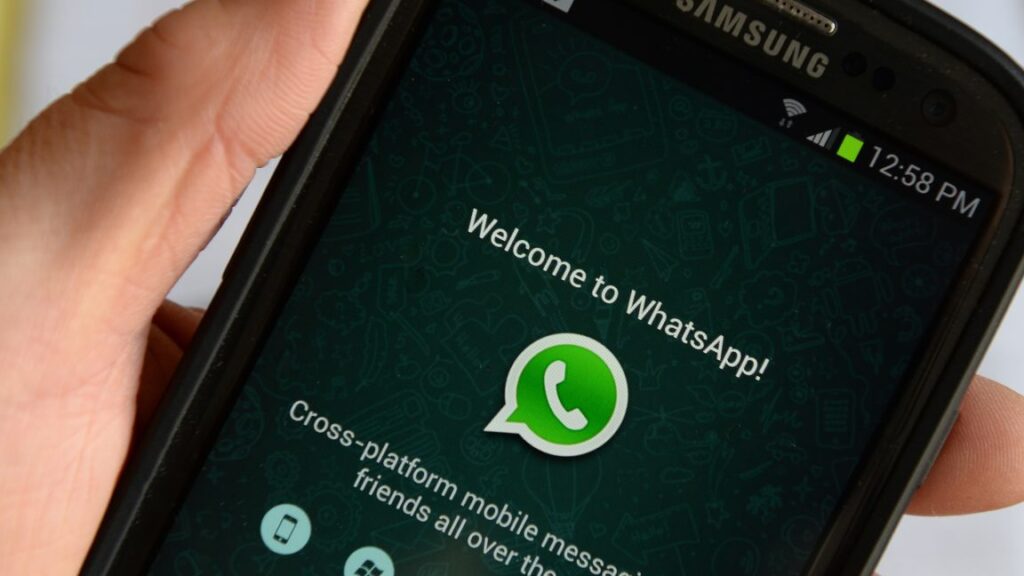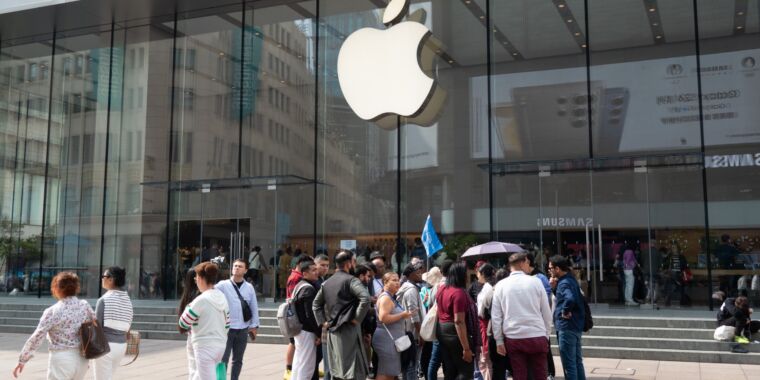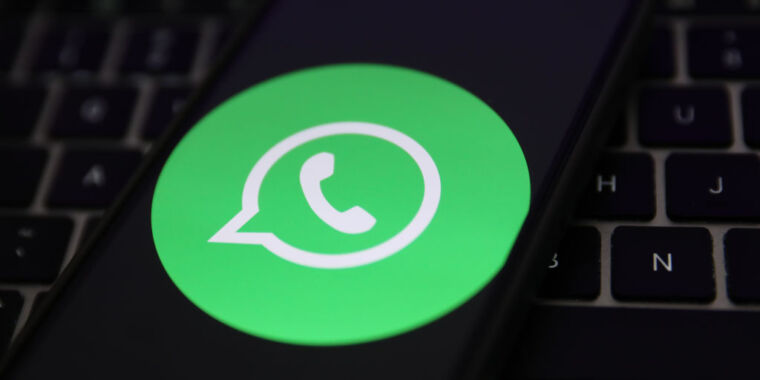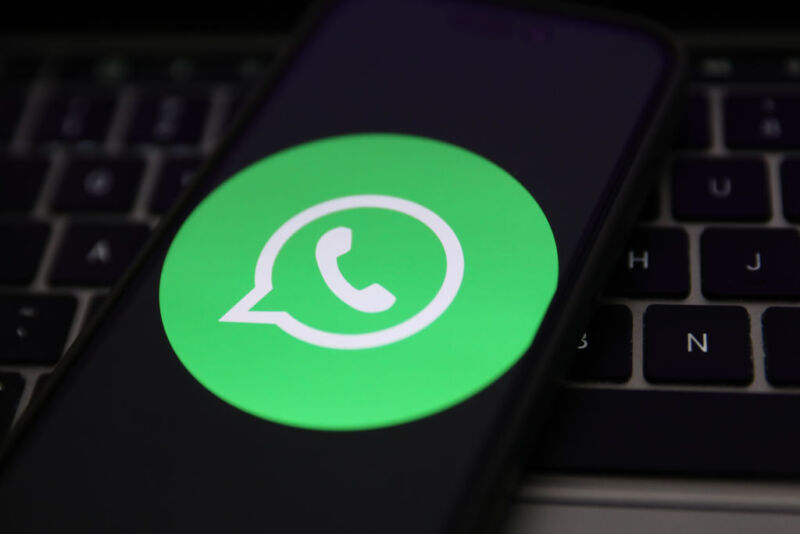Meta wins monopoly trial, convinces judge that social networking is dead
People are “bored” by their friends’ content, judge ruled, siding with Meta.
Mark Zuckerberg arrives at court after The Federal Trade Commission alleged the acquisitions of Instagram in 2012 and WhatsApp in 2014 gave Meta a social media monopoly. Credit: Bloomberg / Contributor | Bloomberg
After years of pushback from the Federal Trade Commission over Meta’s acquisitions of Instagram and WhatsApp, Meta has defeated the FTC’s monopoly claims.
In a Tuesday ruling, US District Judge James Boasberg said the FTC failed to show that Meta has a monopoly in a market dubbed “personal social networking.” In that narrowly defined market, the FTC unsuccessfully argued, Meta supposedly faces only two rivals, Snapchat and MeWe, which struggle to compete due to its alleged monopoly.
But the days of grouping apps into “separate markets of social networking and social media” are over, Boasberg wrote. He cited the Greek philosopher Heraclitus, who “posited that no man can ever step into the same river twice,” while telling the FTC they missed their chance to block Meta’s purchase.
Essentially, Boasberg agreed with Meta that social media—as it was known in Facebook’s early days—is dead. And that means that Meta now competes with a broader set of rival apps, which includes two hugely popular platforms: TikTok and YouTube.
“When the evidence implies that consumers are reallocating massive amounts of time from Meta’s apps to these rivals and that the amount of substitution has forced Meta to invest gobs of cash to keep up, the answer is clear: Meta is not a monopolist insulated from competition,” Boasberg wrote.
In fact, adding just TikTok alone to the market defeated the FTC’s claims, Boasberg wrote, leaving him to conclude that “Meta holds no monopoly in the relevant market.”
The FTC is not happy about the loss, which comes after Boasberg determined that one of the agency’s key expert witnesses, Scott Hemphill, could not have approached his testimony “with an open mind.” According to Boasberg, Hemphill was aligned with figures publicly calling for the breakup of Facebook, and that made “neutral evaluation of his opinions more difficult” in a case with little direct evidence of monopoly harms.
“We are deeply disappointed in this decision,” Joe Simonson, the FTC’s director of public affairs, told CNBC. “The deck was always stacked against us with Judge Boasberg, who is currently facing articles of impeachment. We are reviewing all our options.”
For Meta, the win ends years of FTC fights intended to break up the company’s family of apps: Facebook, Instagram, and WhatsApp.
“The Court’s decision today recognizes that Meta faces fierce competition,” Jennifer Newstead, Meta’s chief legal officer, said. “Our products are beneficial for people and businesses and exemplify American innovation and economic growth. We look forward to continuing to partner with the Administration and to invest in America.”
Reels’ popularity helped save Meta
Meta app users clicking on Reels helped Meta win.
Boasberg noted that “a majority of Americans’ time” on both Facebook and Instagram “is now spent watching videos,” with Reels becoming “the single most-used part of Facebook.” That puts Meta apps more on par with entertainment apps like TikTok and YouTube, the judge said.
While “connecting with friends remains an important part of both apps,” the judge cited Meta’s evidence showing that Meta had to pump more recommended content from strangers into users’ feeds to account for a trend where its users grew increasingly less inclined to post publicly.
“Both scrolling and sharing have transformed” since Facebook was founded, Boasberg wrote, citing six factors that he concluded invalidated the FTC’s market definition as markets exist today.
Initial factors that shifted markets were due to leaps in innovation. “First, smartphone usage exploded,” Boasberg explained, then “cell phone data got better,” which made it easier to watch videos without frustrating “freezing and buffering.” Soon after, content recommendation systems got better, with “advanced AI algorithms” helping users “find engaging videos about the things” they “care most about in the world.”
Other factors stemmed from social changes, the judge suggested, describing the fourth factor as a trend where Meta app users started feeling “increasingly bored by their friends’ posts.”
“Longtime users’ friend lists” start fresh, but over time, they “become an often-outdated archive of people they once knew: a casual friend from college, a long-ago friend from summer camp, some guy they met at a party once,” Boasberg wrote. “Posts from friends have therefore grown less interesting.”
Then came TikTok, the fifth factor, Boasberg said, which forced Meta to “evolve” Facebook and Instagram by adding Reels.
And finally, “those five changes both caused and were reinforced by a change in social norms, which evolved to discourage public posting,” Boasberg wrote. “People have increasingly become less interested in blasting out public posts that hundreds of others can see.”
As a result of these tech advancements and social trends, Boasberg said, “Facebook, Instagram, TikTok, and YouTube have thus evolved to have nearly identical main features.” That reality undermined the FTC’s claims that users preferred Facebook and Instagram before Meta shifted its focus away from friends-and-family content.
“The Court simply does not find it credible that users would prefer the Facebook and Instagram apps that existed ten years ago to the versions that exist today,” Boasberg wrote.
Meta apps have not deteriorated, judge ruled
Boasberg repeatedly emphasized that the FTC failed to prove that Meta has a monopoly “now,” either actively or imminently causing harms.
The FTC tried to win by claiming that “Meta has degraded its apps’ quality by increasing their ad load, that falling user sentiment shows that the apps have deteriorated and that Meta has sabotaged its apps by underinvesting in friend sharing,” Boasberg noted.
But, Boasberg said, the FTC failed to show that Meta’s app quality has diminished—a trend that Cory Doctorow dubbed “enshittification,” which Meta apparently successfully argued is not real.
The judge was also swayed by Meta’s arguments that users like seeing ads. Meta showed evidence that it can only profitably increase its ad load when ad quality improves; otherwise, it risks losing engagement. Because “the rate at which users buy something or subscribe to a service based on Meta’s ads has steadily risen,” this suggested “that the ads have gotten more and more likely to connect users to products in which they have an interest,” Boasberg said.
Additionally, surveys of Meta app users that show declining user sentiment are not evidence that its apps are deteriorating in quality, Boasberg said, but are more about “brand reputation.”
“That is unsurprising: ask people how they feel about, say, Exxon Mobil, and their answers will tell you very little about how good its oil is,” Boasberg wrote. “The FTC’s claim that worsening sentiment shows a worsening product is unpersuasive.”
Finally, the FTC’s claim that Meta underinvested in friends-and-family content, to the detriment of its core app users, “makes no sense,” Boasberg wrote, given Meta’s data showing that user posting declined.
“While it is true that users see less content from their friends these days, that is largely due to the friends themselves: people simply post less,” Boasberg wrote. “Users are not seeing less friend content because Meta is hiding it from them, but instead because there is less friend content for Meta to show.”
It’s not even “clear that users want more friend posts,” the judge noted, agreeing with Meta that “instead, what users really seem to want is Reels.”
Further, if Meta were a monopolist, Boasberg seemed to suggest that the platform might be more invested in forcing friends-and-family content than Reels, since “Reels earns Meta less money” due to its smaller ad load.
“Courts presume that sophisticated corporations act rationally,” Boasberg wrote. “Here, the FTC has not offered even an ordinarily persuasive case that Meta is making the economically irrational choice to underinvest in its most lucrative offerings. It certainly has not made a particularly persuasive one.”
Among the critics unhappy with the ruling is Nidhi Hegde, executive director of the American Economic Liberties Project, who suggested that Boasberg’s ruling was “a colossally wrong decision” that “turns a willful blind eye to Meta’s enormous power over social media and the harms that flow from it.”
“Judge Boasberg has purposefully ignored the overwhelming evidence of how Meta became a monopoly—not by building a better product, but by buying its rivals to shut down any real competitors before they could grow,” Hegde said. “These deals let Meta fuse Facebook, Instagram, and WhatsApp into one machine that poisons our children and discourse, bullies publishers and advertisers, and destroys the possibility of healthy online connections with friends and family. By pretending that TikTok’s rise wipes away over a decade of illegal conduct, this court has effectively told every aspiring monopolist that our current justice system is on their side.”
On the other side, industry groups cheered the ruling. Matt Schruers, president of the Computer & Communications Industry Association, suggested that Boasberg concluded “what every Internet user knows—that Meta competes with a number of platforms and the company’s relevant market shares are therefore nowhere close to those required to establish monopoly power.”
Meta wins monopoly trial, convinces judge that social networking is dead Read More »


